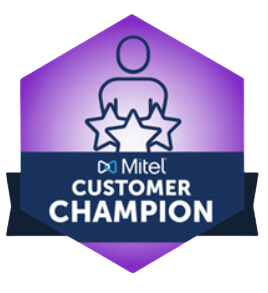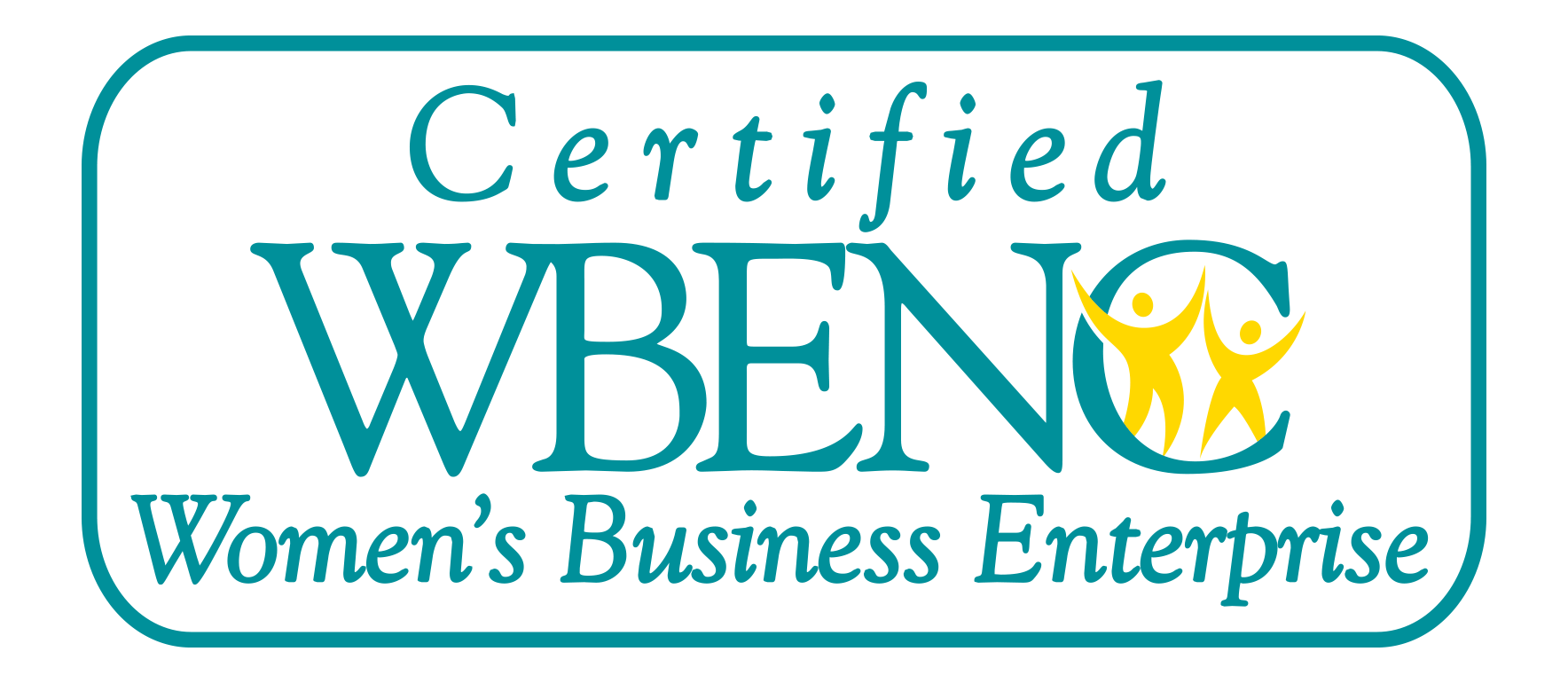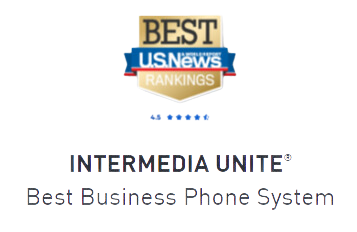From the video:
My name is Christian Szpilfogel and I’m VP of strategy here at Mitel. When most people think of a contact center, they think of a room full of agents, tied to headsets, auto-dialing costumers or fielding an endless stream of inbound calls. The truth is any business with customers has a contact center requirement, whether it’s for the early part of sales engagement, whether it’s fulfillment, support, service, billing, or other matters through the entire customer journey. You’re engaging with your customers and they’re engaging with you. This goes beyond phone calls, to include email, SMS, social media, even web chat. Contact center technology is designed to make these communications as seamless as possible, by connecting your organization for a truly unified customer experience.
Not only that, they can create new efficiencies to save your business time and money. For example, a contact center doesn’t just have to be for serving external customers; it can also be for serving your internal customers. Let’s run through a situation where the contract management group is serving your salesforce. Your salesforce in turn is serving your external customers. They need to be able to respond back to customers and make necessary adjustments in a timely fashion while protecting the integrity of the contract itself. The contract management team then can be within contact center skills group that serves the sales people, such that the sales people then engage with the contract management specialists to be able to make the necessary changes. And, over a period of time in on omni-channel context, they also have the persistence of that conversation in context for the contract management specialists to be able to help the sales person.
In another context,
unified communications and collaboration really does need to be tied to the contact center solution. The reason is, that in today’s world consumers are very intelligent by the time they reach a contact center. They’ve done their research, so when they talk to the contact center specialist they need that person to be up to speed and be able to answer the tougher questions. Fortunately, many contact centers have skilled their agents to be able to deal with these more intelligent conversations. However, still 10 to 20 percent of the questions that are coming from the customer may not be fully addressable by the contact center agent and they’ll need to be able to reach out to experts within your business in order to be able to leverage their expertise to get a first point resolution with a customer and therefore improving the overall customer engagement.













